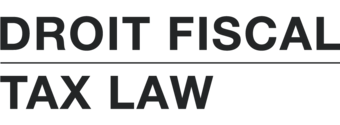When an appeal is instituted before the Tax Court of Canada, the Crown is not limited to the position the Canada Revenue Agency (“CRA”) took in support of the assessment.
You Have to Attend Your Own Appeal
A recent decision of the Tax Court of Canada deals with the situation of a husband who transferred money to his wife while having an outstanding tax debt balance. The CRA therefore went after the wife (the appellant in this case) to claim that money back.
Les demandes faites dans le cadre du Programme des divulgations volontaires sont une course contre le temps
La contribuable dans un récent jugement a immigré au Canada en 1974. Lorsqu’elle est venue, elle détenait déjà des actifs en Suisse. Elle n’a jamais déclaré ces actifs ni les revenus générés par ces actifs. Lors d’un voyage en Europe, alors qu’elle traversait la frontière franco-suisse le 18 juillet 2014, les autorités françaises ont découvert des relevés d’une banque suisse dans sa voiture.
Shopify: Expect Tighter Enforcement Going Forward
The Canada Revenue Agency disposes of a wide range of powers to gather information and compel the production of documents. In most cases, those powers are exercised in the context of an audit where the identity of the taxpayer is known.
Les méthodes indirectes de vérification dont disposent l’ARC et Revenu Québec
L’administration du régime fiscal au Canada est fondée sur l’autocotisation par les contribuables, mais renforcée par les vérifications des autorités fiscales afin de s’assurer de l’exactitude des montants déclarés. La confiance que le gouvernement nous accorde doit donc pouvoir être validée.
